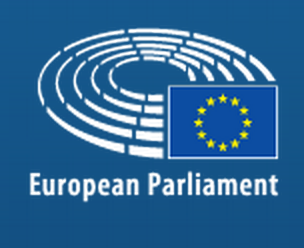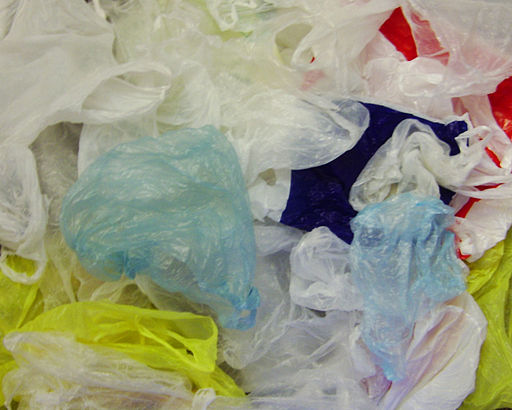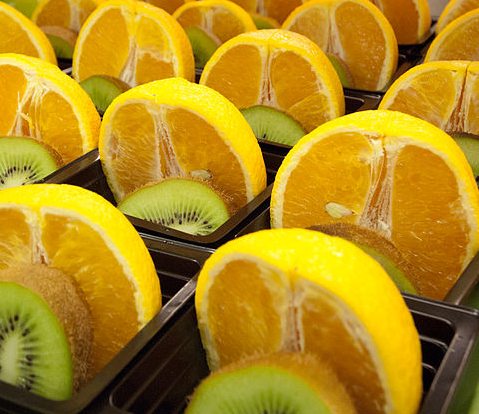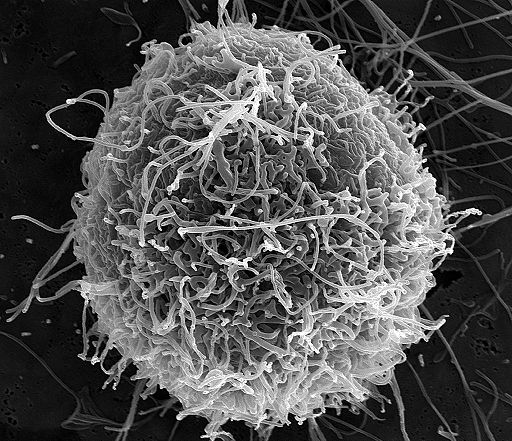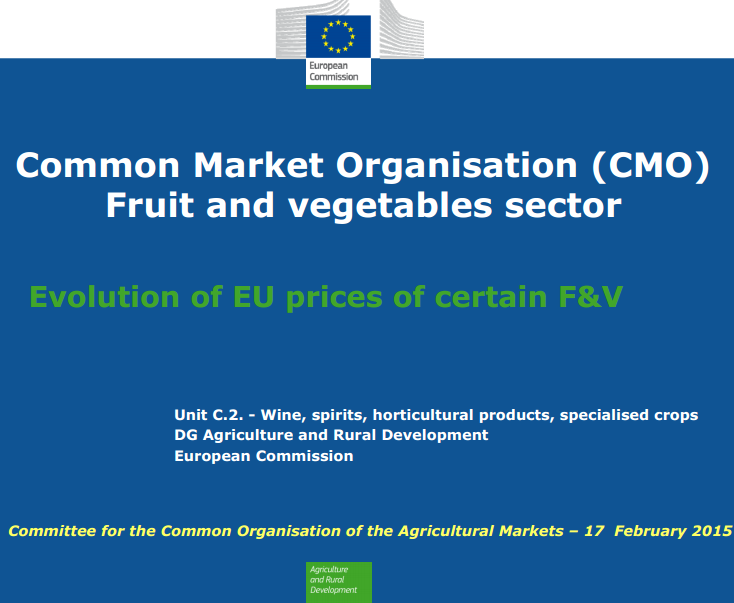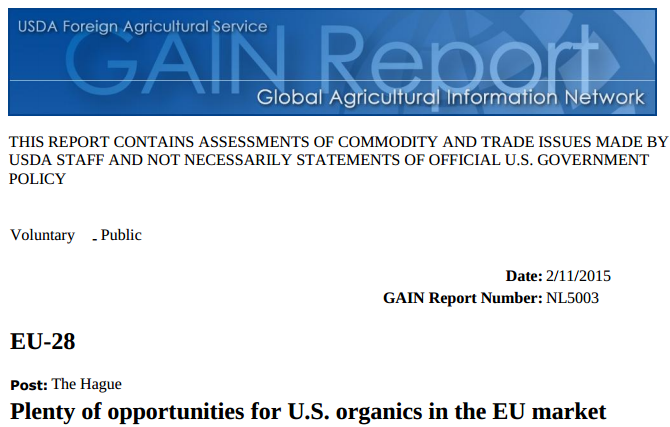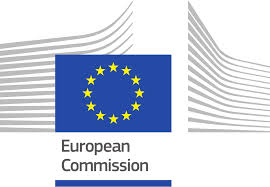Canary Islands politician Gabriel Mato wants the European Commission to act faster if banana imports from non-EU countries such as Peru and Colombia exceed agreed limits for a preferential customs duty.
Mato, a member of Spain’s ruling party Partido Popular, said the Commission should report to the European Parliament weekly – and not just at the end of the year – so timely action can be taken if limits are exceeded.
In a press release in Spanish, Mato said it had been noted in the Parliament’s Committee on International Trade that Peru had exceeded its limit in 2013 and 2014. He said that by the time this was reported at the end of the relevant year, it was too late to implement a safeguard clause suspending the preferential customs duty.
During a meeting of the committee in Brussels on May 6 he called for more to be done to protect EU growers. If asked, they would tell the Commission they are “in a permanent state of crisis,” he said. With the signing of an agreement with Ecuador on the horizon meaning the entry of even more bananas, action on the issue is all the more important, he said.
According to the Commission, in November 2014 it appeared that the imports into the EU of fresh bananas from Peru exceeded the relevant threshold.
However, it said, imports of fresh bananas from Peru represented only 1.9 % of the total imports of fresh bananas into the EU for January-September 2014. Also, imports of fresh bananas from other traditional importing countries, notably Colombia, Costa Rica and Panama, remained largely below the thresholds defined for them in comparable stabilisation mechanisms.
It also noted that:
- the average wholesale banana price in the EU market in October 2014 (0.98 EUR/kg) did not register notable changes compared to banana price averages for the previous months;
- that “there is neither an indication that the stability of the Union market has been disturbed by the imports of fresh bananas from Peru in excess of the defined annual trigger import volume, nor that this had any significant impact on the situation of Union producers” and
- “there is no threat of serious deterioration or a serious deterioration for producers in the outermost regions of the Union.”
The Commission concluded that the suspension of preferential customs duty on imports of bananas originating in Peru would not be appropriate but said it would continue to closely monitor banana imports from Peru.
sources:
Gabriel Mato press release: Exigimos a la CE que proteja a los productores europeos de plátano e intervenga antes cuando la entrada de banano de terceros países supere los límites fijados

